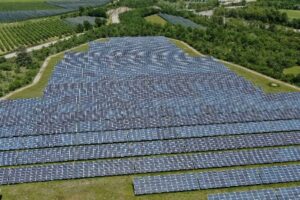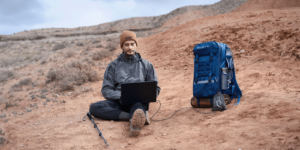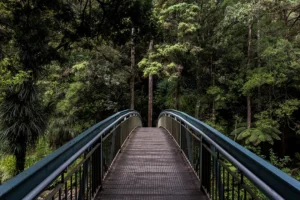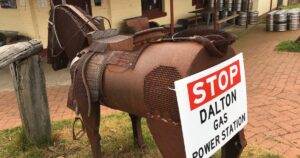DOE to commit $366M for rural & remote clean energy

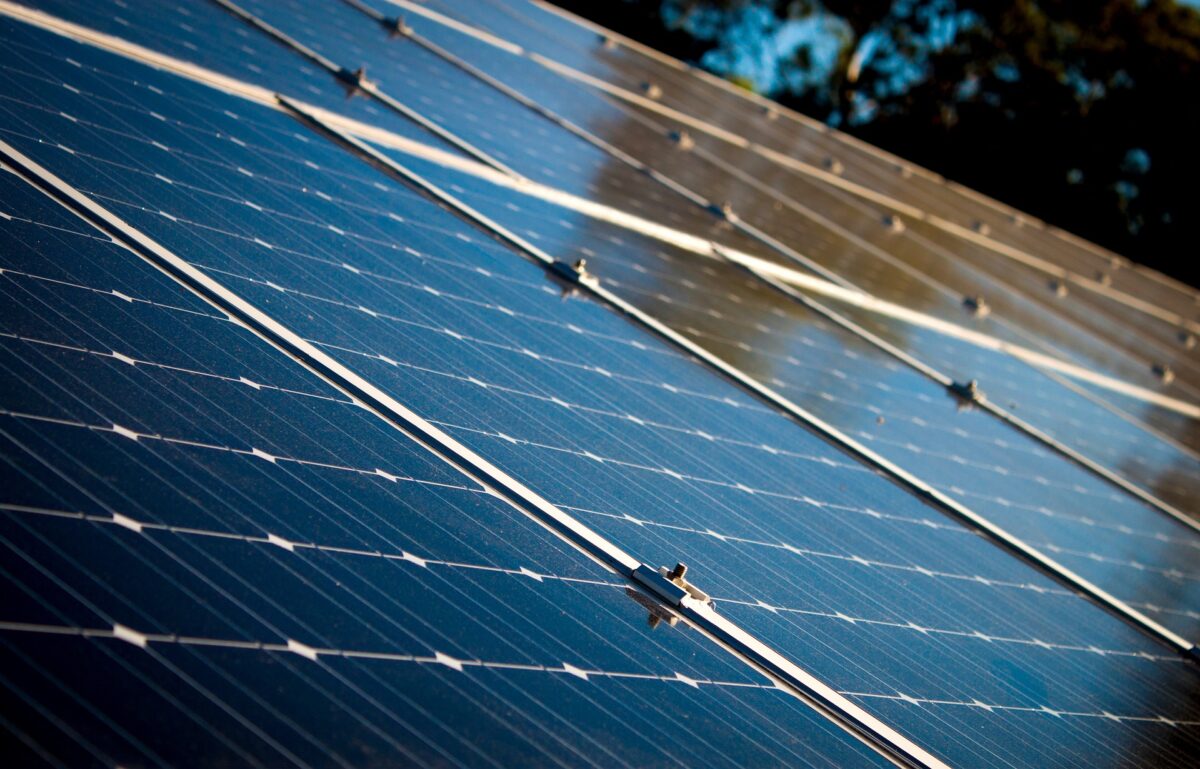
(Image by StockSnap from Pixabay)
The U.S. Department of Energy (DOE) announced more than $366 million for 17 projects across 20 states and 30 Tribal Nations and communities, as part of an effort to accelerate clean energy deployment in rural and remote areas of the country.
This funding, through the Bipartisan Infrastructure Law, will support a variety of energy projects in rural and remote regions, such as building microgrids for community health centers or constructing a new hydroelectric facility on Tribal lands to improve access to energy.
“President Biden firmly believes that every community should benefit from the nation’s historic transition to a clean energy future, especially those in rural and remote areas,” said U.S. Secretary of Energy Jennifer M. Granholm. “Thanks to the President’s Investing in America agenda, DOE is helping revitalize communities across America—ensuring thriving businesses, reliable access to clean energy, and exciting new economic opportunities, now and for generations to come.”
Rural and remote communities face a unique set of energy challenges due to their smaller populations and isolation from larger electrical systems, DOE said, including higher electric bills, unreliable energy supplies, and/or no access to electricity at all. For example, 21% of Navajo Nation homes and 35% of Hopi Indian Tribe homes remain unelectrified, according to a 2023 report by DOE’s Office of Indian Energy. Of the electrified homes within Tribal communities, 31% reported monthly outages. Of the nation’s 350 persistently poor counties, 300 are rural.
The projects announced are part of DOE’s Energy Improvements in Rural or Remote Areas (ERA) program, which is managed by the DOE Office of Clean Energy Demonstrations (OCED). The ERA program leverages DOE’s expertise in resilient energy solutions while recognizing the unique environmental, cultural, and economic landscapes of rural and remote communities. The selected projects cover a range of clean energy technologies, from solar, battery storage systems, and microgrids to hydropower, heat pumps, biomass, and electric vehicle charging infrastructure.
Examples of projects selected for award negotiation include:
- Solar + Storage Microgrids for Rural Community Health Centers Project: (Alabama, Florida, Georgia, Kentucky, Mississippi, North Carolina, South Carolina, Tennessee): The CHARGE Partnership, made up of the mission-aligned organizations the National Association of Community Health Centers, Capital Link, Collective Energy, and Clean Energy Group, plans to build energy resilience in community health centers in low-income, rural communities across eight states in the southeast. The initial site for this project is in Tunica, Mississippi in partnership with Aaron E. Henry Community Health Center.
- Chignik Hydroelectric Dam and Water Source Project (Chignik Bay, Alaska): This project aims to renovate a 70+ year-old leaking dam and add a 2.1 MWh hydroelectric facility on the same site. In addition to restoring the dam, the project team has secured over $6 million to rehabilitate the community’s water supply. The new hydroelectric facility will replace 100% of the community’s diesel consumption and provide power for homes, businesses, and economic activities like tourism and fish processing. The project will also provide a new revenue stream for its owners, the Chignik Bay Tribal Council, and could then sell excess power to utilities.
- Resilience and Prosperity in Rural Northern Wisconsin (24 sites across Red Cliff Band Tribal Lands and Bayfield County, Wisconsin): This project seeks to increase regional energy reliability with the deployment of 23 microgrid systems. Wisconsin’s Office of Sustainability and Clean Energy (OSCE) will promote local workforce development—particularly for construction and permanent project jobs, create avenues for public engagement, and provide clean energy education to residents. OSCE also aims to deploy solar power, battery storage, smart controls to enable islanding, and electric vehicle charging stations.
- Energizing Rural Hopi and Navajo with Solar-Powered Battery-Based Systems (Navajo and Hopi communities in Arizona, New Mexico, and Utah): This project plans to install 2.5 kW off-grid solar and battery storage systems to electrify 300 Tribal homes. The project lead, Native Renewables Inc., has committed to an Indigenous-led workforce and has developed a program to increase the number of Tribal solar-installation professionals. They will also host training and education for participating households on solar electric energy systems and best practices to ensure the longevity of battery storage systems. This electrification project will fulfill essential household power needs, including lighting, and refrigeration for food and medicine.
Full descriptions of all 17 projects selected for award negotiation are available here.

